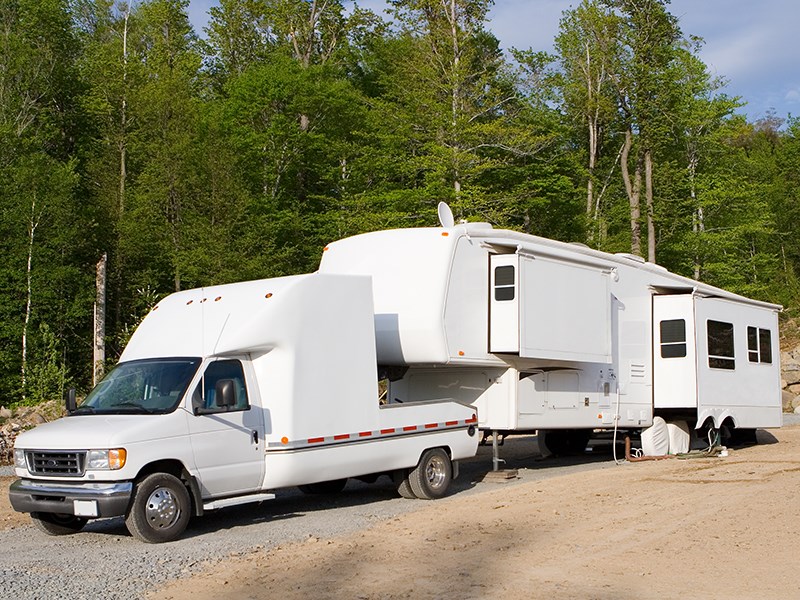The Ventilly family featured on page eight of this issue is just one example of families choosing to downsize in order to either bide time until a real estate opportunity arises, save money and/or pay down debt or simplify their lives.
Television programs such as Tiny House Nation, Tiny Luxury and Tiny House, Big Living are exploding in popularity and, similar to other shows that gain a large audience, are constantly being copied, spun-off or cloned by an ever-increasing number of lifestyle networks. That, in part, indicates the strength of a movement to live a simpler life.
It is understandable that rules are in place so city, regional and provincial parks are not filled to capacity with area residents during peak season. Blocking out visitors coming to take advantage of what the area has to offer, and, more importantly, spend money, benefits no one. The influx of tourism dollars is desired and necessary for many local businesses.
But if the market is demanding a space, or spaces, for members of the tiny house/mobile home/fifth-wheel community to set up in a temporary or permanent locale, perhaps some entity can provide or create an adequate space for them. What would it take? A few parking spaces and a septic field, or connection to sewer and water?
When developers see opportunities to supply what consumers want, whether it be condominiums or 1,500-square-foot ranchers, they build what the market demands.
Is a niche or growing market being missed here? And no, it doesn’t have to be in a prime location near a beach or lake. What these families and/or individuals require is a space for their home they can afford while they prepare for their next stage in life, or a place to live out their lives happily in a small, manageable space. In essence, it would be similar to a trailer park, but for mobile units belonging to area residents.
Zoning will always be a factor, but how different is having someone live in a tiny home on a property with a main home than allowing a permanent carriage home to be built on it? Aesthetics would be a consideration but thinking outside of the box is required to address the lack of available real estate and affordable housing currently dogging the region.
This is not about charity, but rather opportunity. Tiny house/mobile home communities are growing throughout North America. Is this a burgeoning business that requires the vision of a local entrepreneur or government?



